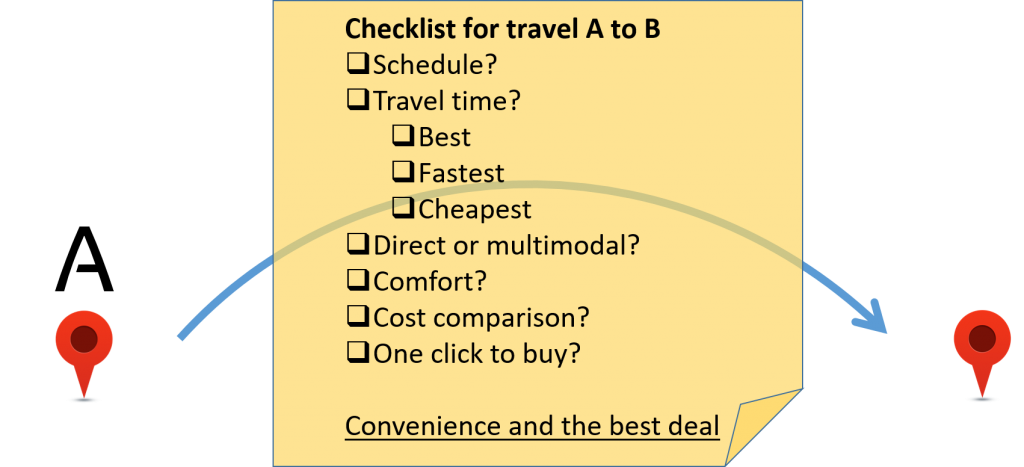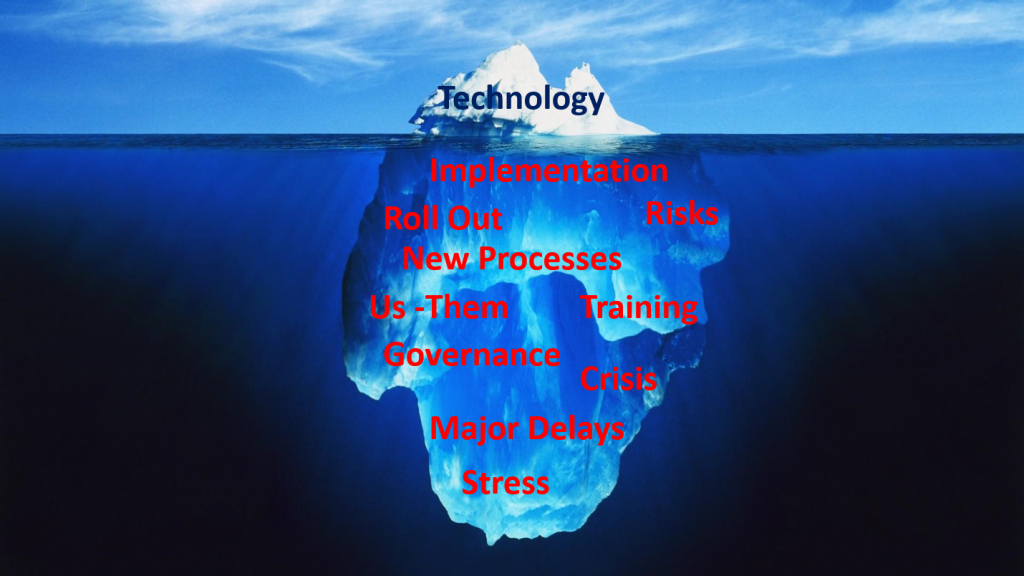Reflecting on the recent Transport & Ticketing Global Conference here is a my list of what I took with me home from the conference:
Is the UK model of smart ticketing using ITSO and EMV ticketing (as Oyster) the way to go for public transport elsewhere in the world?
The main driver for the evolution of ticketing in the UK seems to be compulsory ticket validation through gates on stations and driver validation and sales of tickets in busses. Opening gates using barcode readers is an option but there is expressed reluctance due to alignment and reader speed.
While you also see gates in some other European countries and mega cities, non-gated stations are the normal setup elsewhere. Ticket validation is typical performed while travelling either by onboard staff or roaming validation teams. This opens for a broader variety of ticket schemes including the use of mobile phones to buy and hold ticket references for travel.
Take away #1: The UK way of smart ticketing is smart in the UK but in other regions cloud based ticketing using mobile or even paper as ticket carrier should be considered too.
Be-In – Be-Out and Check-In – Be-Out schemes using geo tracing from gps and wifi or blue tooth beacons were displayed on the exhibition floor. As the speaker from Google said “we know where you have been”. The only thing missing is to implement a pay button. Follow companies like Goappified, Hopon, AxonVibe and Google.
Also, stay tuned for updates on the use of blue tooth beacons and fintech integration at Flytoget in Oslo.
Take away #2: Be-In – Be-Out and Check-In – Be-Out schemes may evolve into a new generation of means to implement cloud based pay as you go ticketing.
Take away #3: When considering new smart ticketing initiatives, seamless travel experience is a key parameter. Taking the customer perspective first – looking from the outside and into the ticket operation options. Counter measures for fare evasion is still important but not the primary driver.
Take away #4: Use pilot trials of new ticketing methods to see how users embrace the actions required to ensure correct ticketing purchase and use. The results from pilot trials can help tweaking the method before full implementation and roll out.
Take away #5: Ticketing as a Service is materializing. You can license a generic solution including back office providing app based ticketing using your fares (announced by Masabi). Can be a way to get familiar with the practicalities of using mobile for ticketing without the need of having to specify and tailor-make a solution which will take longer time and require special competences available for specifying, testing and receiving a one off solution.
Will App based solutions disrupt the card centric schemes? The panel discussing the subject, suggested that you need both solutions. If you are constrained financially mobile comes first.
Take away #6: Going forward the prediction is that more different tokens will be allowed as ticket carriers or marking start and stop of journeys.
How many travelers will benefit from use of contactless payment cards compared to use of mobile apps. The penetration and use of contactless payment cards varies from country to country and there is a minimum age restriction so if you are unbanked or under age use of contactless payment cards is not an option for you. The scheme operator may issue special cards for the excluded groups with the associated issue and handling costs.
Take Away #7: Contactless payment cards and mobile phones allows passengers to use familiar methods to pay for travel both home and in other public transport eco systems. Go through gates using your payment card of choice or download an app in seconds and buy your tickets almost easier than ordering an UBER ride.
Warning: It is easy to get carried away in discussions on smart ticketing schemes. Never forget that selection of smart ticketing technology is only the tip of the Iceberg.
This was some of the notes I brought back from TTG 2017. Feedback is most welcome. Also interesting to learn what other participants discovered on TTG 2017.
As the TTG 2017 is in London it is natural that smart ticketing in London and elsewhere in the UK is covered extensively by speakers, in panels and on the exhibition floor. In the next blog from me I will look closer on the smart ticketing evolution in the UK and discuss whether the UK way of smart ticketing is smart also in mainland Europe and elsewhere. Stay tuned.


